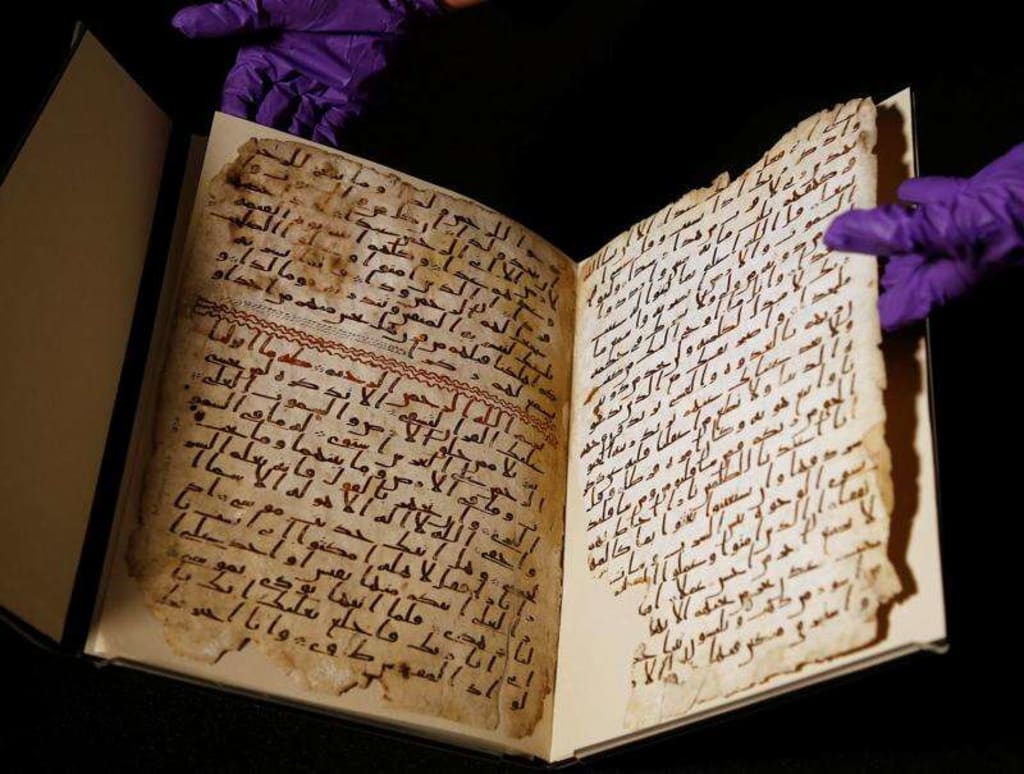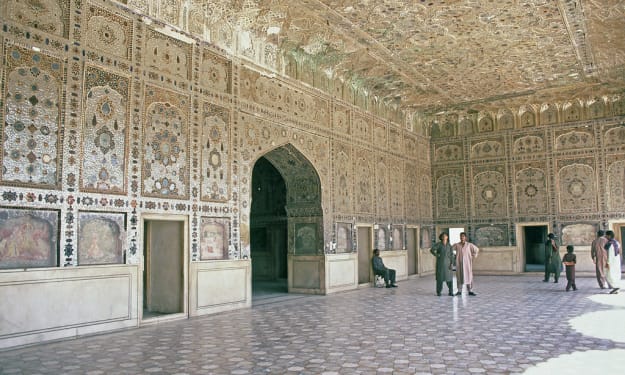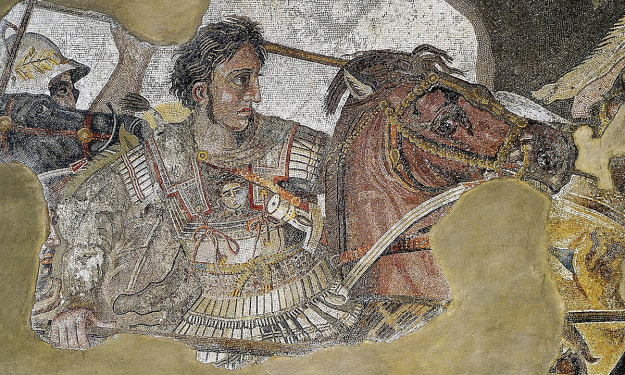The Hidden Letter of Caliph Al-Mansur
Unraveling Prophecy, Justice, and Compassion in Abbasid Baghdad

In the early 8th century, during the reign of the Abbasid Caliphate, a remarkable event took place that would forever be enshrined in the annals of Islamic history. It revolved around Caliph Al-Mansur, the second Caliph of the Abbasid dynasty, who is often remembered for his strong rule and contributions to the Islamic world.
The tale begins with a vibrant atmosphere within the grand Abbasid palace in Baghdad. Caliph Al-Mansur was known for his wisdom and desire to maintain justice and order in his realm. However, his quest for knowledge and understanding of his subjects extended beyond his courtiers and officials. Al-Mansur had a deep fascination with the ordinary lives of his people, believing that it was through the daily experiences of his subjects that he could best understand their needs and desires.
One day, the Caliph disguised himself as a common man and ventured into the bustling markets of Baghdad. His goal was to gauge the public's opinion about his rule and to learn about any injustices that may have been occurring under his leadership. He hoped to discover the unfiltered voices of his subjects.
While mingling in the market, Al-Mansur overheard a group of traders discussing a hidden letter that had been circulating through the city. It was said to contain a prophecy of great importance, and many believed that the words of the letter held the key to the future of the Caliphate. Al-Mansur, curious and intrigued, decided to follow the lead.
After days of discreet inquiries, he learned that the letter had been passed from hand to hand among the people of Baghdad, but its contents remained a closely guarded secret. No one knew its origin, and rumors swirled about its authenticity. Some claimed that it was a divine revelation, while others dismissed it as mere superstition.
The Caliph's determination grew, and he made it his mission to locate this elusive letter. He knew that the prophecy, whether genuine or not, could have a significant impact on the stability of his reign. Al-Mansur understood that by uncovering the letter, he could demonstrate his commitment to addressing the concerns and beliefs of his people, fostering unity in the empire.
Through the diligent work of his spies and the loyalty of his subjects, the Caliph's efforts eventually bore fruit. He discovered that the letter was hidden in the house of a humble baker, named Hassan, who had been entrusted with its safekeeping.
Caliph Al-Mansur, still disguised as a commoner, approached Hassan and gained his trust. Hassan, unaware of the Caliph's true identity, admitted to possessing the mysterious letter. The Caliph's heart raced with excitement as he held the ancient parchment in his hands.
Upon studying the letter, it became clear that it contained verses that were attributed to a renowned Islamic scholar and Sufi mystic of the time. The prophecy predicted a time of great upheaval and turmoil within the Caliphate, with dire consequences for the people. Al-Mansur knew he had to take decisive action to address the concerns raised in the letter.
The Caliph revealed his true identity to Hassan and entrusted him with the responsibility of ensuring that the prophecy was widely known. He wanted the people of Baghdad to understand that he had heard their concerns and was committed to preventing any potential disaster. Al-Mansur's reign saw a renewed focus on justice, equity, and the well-being of his subjects, and he used the prophecy as a catalyst for these positive changes.
The hidden letter of Caliph Al-Mansur became a symbol of his dedication to the welfare of his people. It was a testament to his commitment to ruling with justice and compassion, even when it required him to disguise himself as a commoner and delve into the unknown. The prophecy, whether true or not, ultimately served as a catalyst for a period of stability and prosperity within the Abbasid Caliphate.
This uncommon story of Caliph Al-Mansur's quest to find the hidden letter highlights his remarkable leadership, his willingness to connect with his subjects, and his dedication to ensuring the well-being of his empire. It serves as a testament to the complex and multifaceted nature of Islamic history, showcasing the influence of mysticism, prophecy, and the quest for justice during a pivotal era in the Islamic world.
About the Creator
Sanaf Ahmed
I am excited to share my thoughts, creativity, and knowledge with you through the written word. Thank you for joining me on this literary journey, and I look forward to connecting with you through my articles here on Vocal Media.






Comments
There are no comments for this story
Be the first to respond and start the conversation.